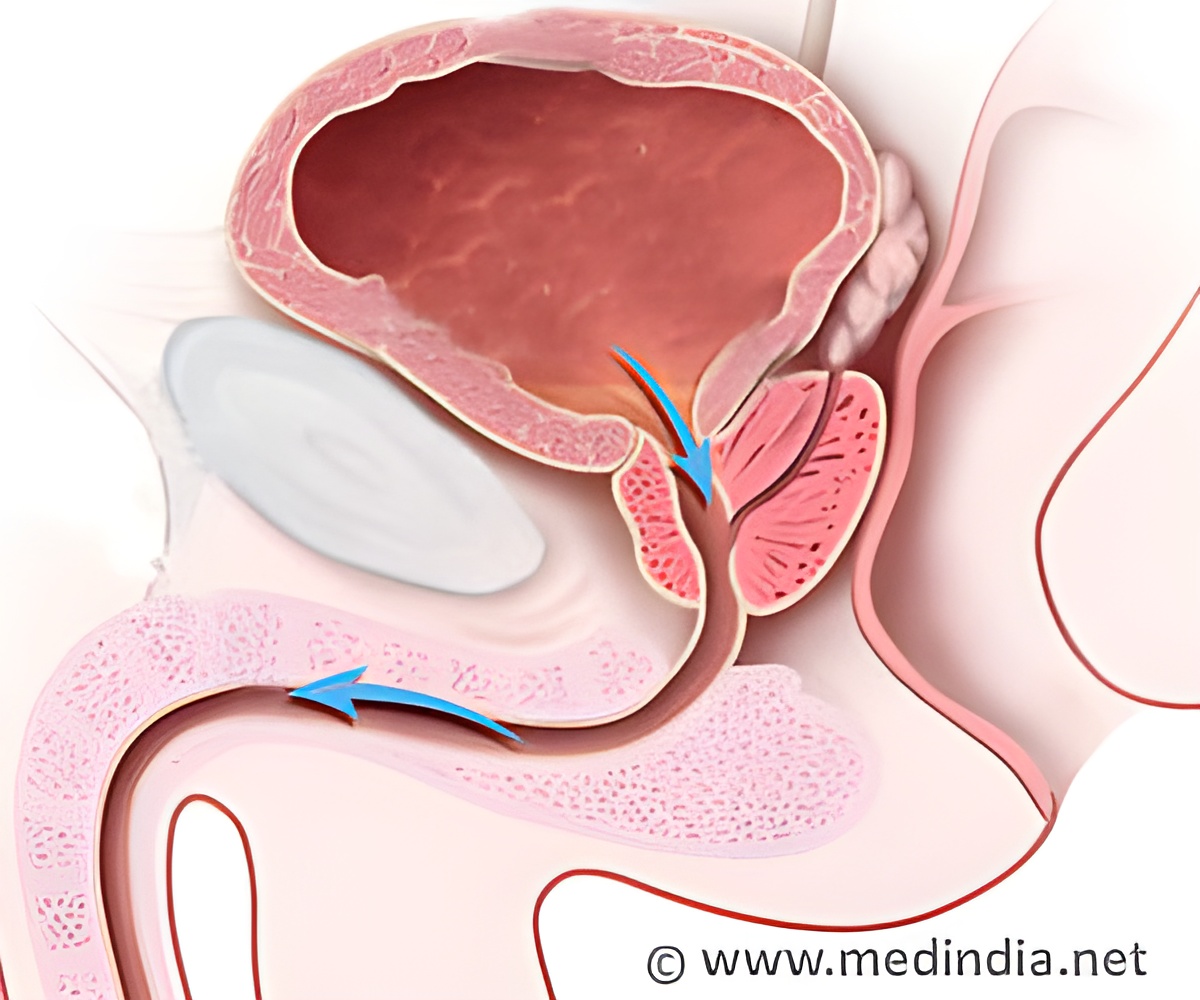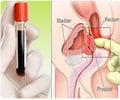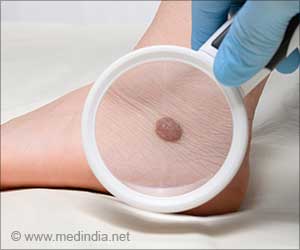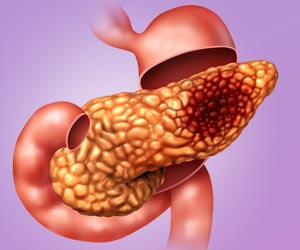A new study found that high doses of selenium as compared to lower doses were linked to an increased risk of prostate cancer

In the multicenter, randomized, placebo-controlled Selenium and Vitamin E Cancer Prevention Trial (SELECT), the effects of Se and vitamin E supplementation alone or in combination on PCa risk were investigated in over 35,000 men. SELECT previously reported no effect of Se or Se combined with vitamin E on PCa risk, but vitamin E supplementation alone was associated with a small increased risk of PCa. SELECT is the only randomized trial that examined the effects of Se supplementation among men with Se levels common in the US and Canada, and it is the only study that has examined the effects of vitamin E supplementation conditional upon Se status.
Alan R. Kristal, DrPH, from the Cancer Prevention Program at the Fred Hutchinson Cancer Research Center in Seattle, WA, and colleagues report on a case-cohort study investigating the effects of Se and vitamin E supplementation on PCa risk in terms of baseline Se status. Data and toenail samples were analyzed from SELECT, including 1739 total and 489 high-grade PCa cases and 3117 men randomly selected as the cohort. They observed no association of toenail Se on PCa risk in the absence of supplementation. However, both Se alone and Se plus vitamin E increased the risk of high-grade PCa among men with high baseline toenail Se concentrations but not among men with lower baseline Se concentrations. Conversely, vitamin E supplementation alone increased the risk of total, low-, and high-grade PCa among men with low toenail Se concentrations, but not among men with high Se concentrations.
The authors conclude that given the increased risks of PCa observed in their study and lack of evidence of a benefit for other diseases of high public health concern in the US, Canada, and Puerto Rico, "…men aged greater than 55 should avoid supplementation with either vitamin E or Se at doses that exceed recommended dietary intakes."
In an accompanying editorial, Paul H. Frankel, Ph.D, et al. discuss the potential biological mechanisms behind the findings by Kristal et al. and write, "Their intriguing results stimulate discussion on a variety of points." The editorialists propose some additional considerations regarding the specific selenium and vitamin E formulations, baseline Se levels in men in different countries, and prevention considerations.
Advertisement

![Prostate Specific Antigen [PSA] & Prostate Cancer Diagnosis Prostate Specific Antigen [PSA] & Prostate Cancer Diagnosis](https://images.medindia.net/patientinfo/120_100/prostate-specific-antigen.jpg)












